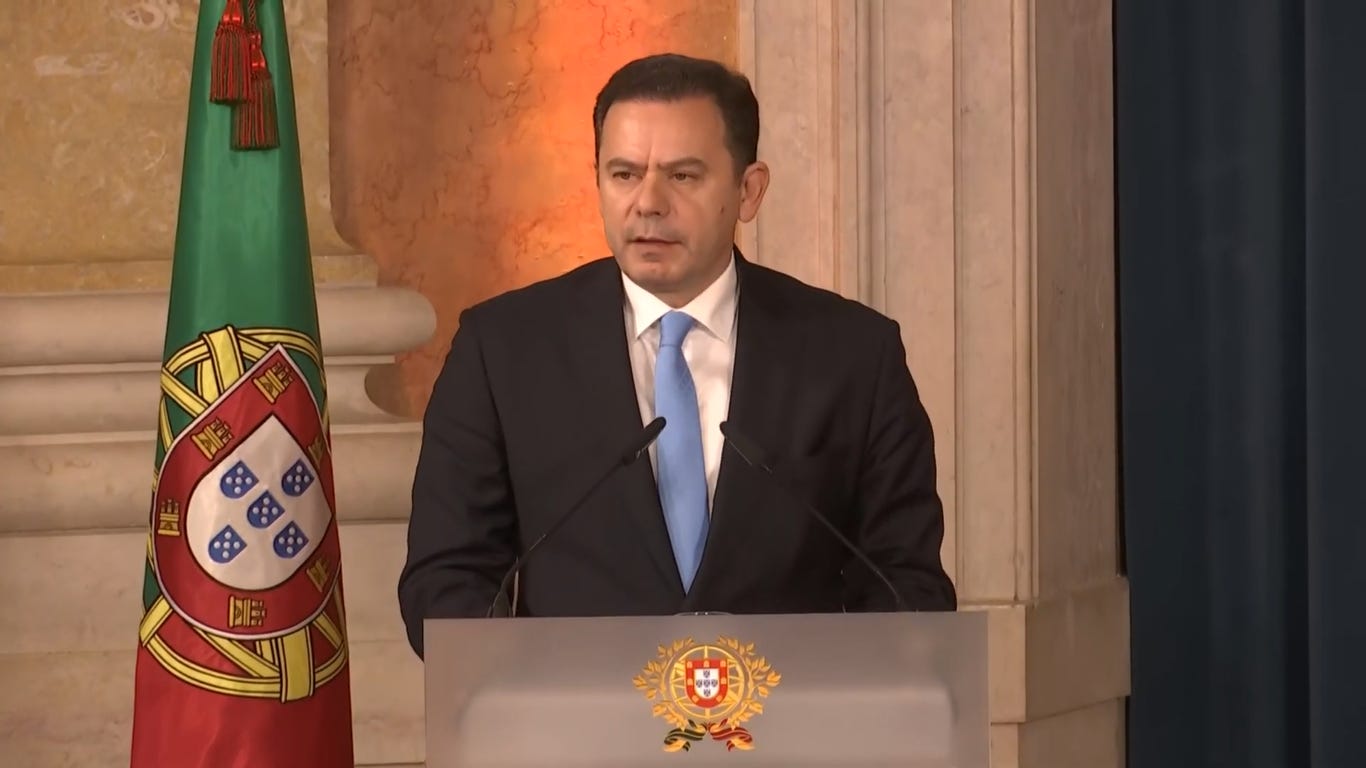Undecided voters dominate new poll
Prime Minister Luís Montenegro’s explanations about his family’s business have failed to convince the Portuguese but the controversy appears to have had a limited impact on his public image.

A new poll conducted by ICS/ISCTE for SIC and Expresso, published today, reveals a significant increase in undecided voters, now reaching 39%—double the number recorded in the last general election.
Uncertainty is widespread among supporters of both the Democratic Alliance (AD) and the Socialist Party (PS), highlighting the volatile political landscape.
The poll places the AD with 20% of voting intentions, ahead of the PS at 15%.
However, the most striking finding is the sheer number of undecided voters, who now outnumber the combined support for both major parties.
Following them, Chega holds 9%, while Iniciativa Liberal garners 4%.
Smaller parties struggle to gain traction, with CDU, Bloco de Esquerda, and Livre each receiving only 1%, while PAN falls below that threshold.
Additionally, 1% of respondents indicate intentions to vote for other parties.
Regardless of the outcome, most Portuguese voters do not believe the winning party will secure an absolute majority.
Only 14% foresee a clear mandate, while 77% expect a fragmented parliament.
When asked which party is most likely to win, 33% predict an AD victory, 19% favor PS, and 41% remain unsure or refuse to speculate.
A Shift from Past Elections
When compared to the last legislative elections, the poll suggests that between 60% and 65% of voters intend to support the same party they previously backed.
However, one in four respondents remains uncertain or declined to answer, while only a small fraction plans to switch allegiance.
Among those who abstained in 2024, a quarter intends to abstain again, while 40% are undecided.
The remaining former abstainers show slight inclinations towards AD (14%), PS (10%), Chega (7%), or other voting options.
Divided Opinions on Montenegro’s Leadership
Luís Montenegro’s decision to run again has divided public opinion, with 45% supporting his candidacy and 46% opposing it.
The remaining 9% remain undecided.
However, the survey shows that 64% of respondents felt Montenegro’s clarifications left “unanswered questions,” while only 23% believed he provided all necessary explanations.
The remaining 13% either did not know or refused to answer.
Despite the dissatisfaction, an overwhelming 77% of those surveyed believe the early elections could have been avoided, with only 18% considering them inevitable.
Another 4% were undecided or chose not to respond.
The controversy appears to have had a limited impact on public perception of Montenegro.
Only 5% of respondents said their opinion of the Prime Minister improved, while 52% reported no change. However, 39% said their view of him worsened.
Those with a more negative impression of Montenegro are primarily young people (51%), men (43%), and individuals with higher levels of education (44% with secondary education and 45% with higher education).
Left-leaning voters (56%) were far more critical than centrist (41%) or right-leaning voters (28%).
Who’s to Blame for the Political Crisis?
When it comes to assigning responsibility for the current political crisis, opinions are evenly split.
Thirty-seven percent blame the government, while another 37% point the finger at opposition parties.
Nineteen percent believe both sides share equal responsibility, and a mere 1% think neither is at fault.
The poll also highlights a partisan divide: younger respondents and left-leaning voters are more likely to blame the government (60%), while right-leaning voters are more inclined to criticize the opposition (27%).
Government and President Marcelo receive mixed reviews
The poll also assessed public opinion on the government’s performance.
Forty-seven percent rated it as “good” or “very good,” while 43% described it as “bad” or “very bad.” The remaining 10% were undecided or declined to answer.
The poll also assessed public sentiment towards President Marcelo Rebelo de Sousa’s handling of the political crisis.
While 31% view his actions negatively, only 20% believe he performed well.
The most common response, chosen by 43%, was neutral—suggesting a lack of strong consensus on his role.
Poll Methodology
The survey was conducted between March 12 and 17, 2025, using telephone interviews with a representative sample of 802 eligible voters.
The poll was carried out by ICS-ULisboa and Iscte-IUL, with data collection by GfKMetris.
The margin of error is +/- 3.5%, with a 95% confidence level.
Source: Expresso



